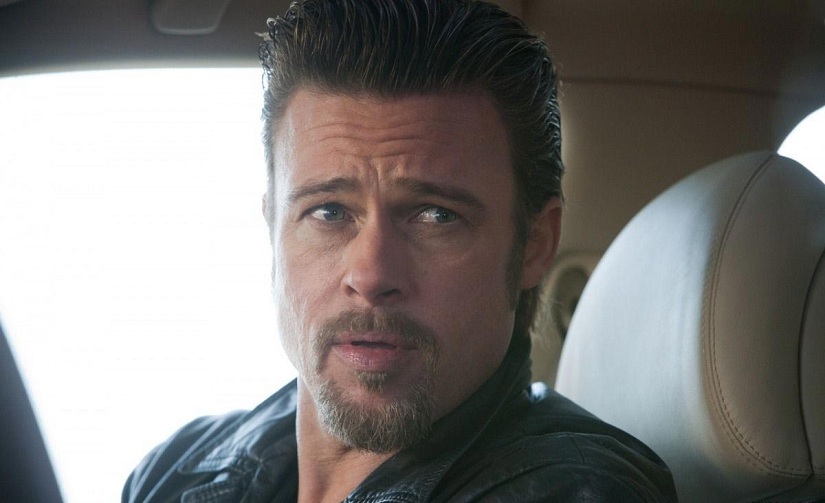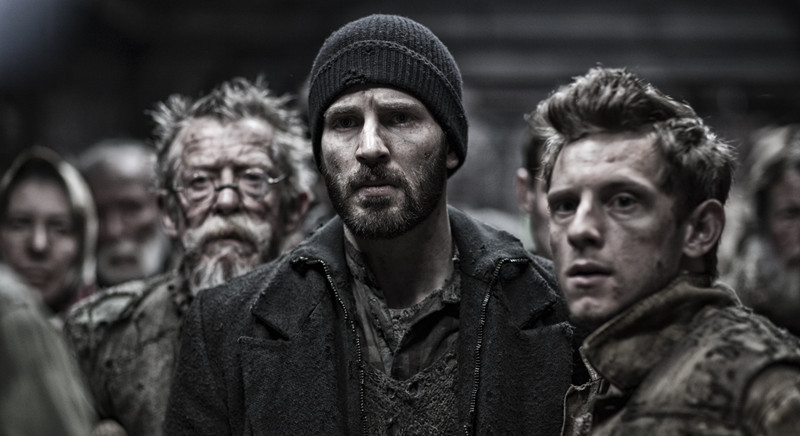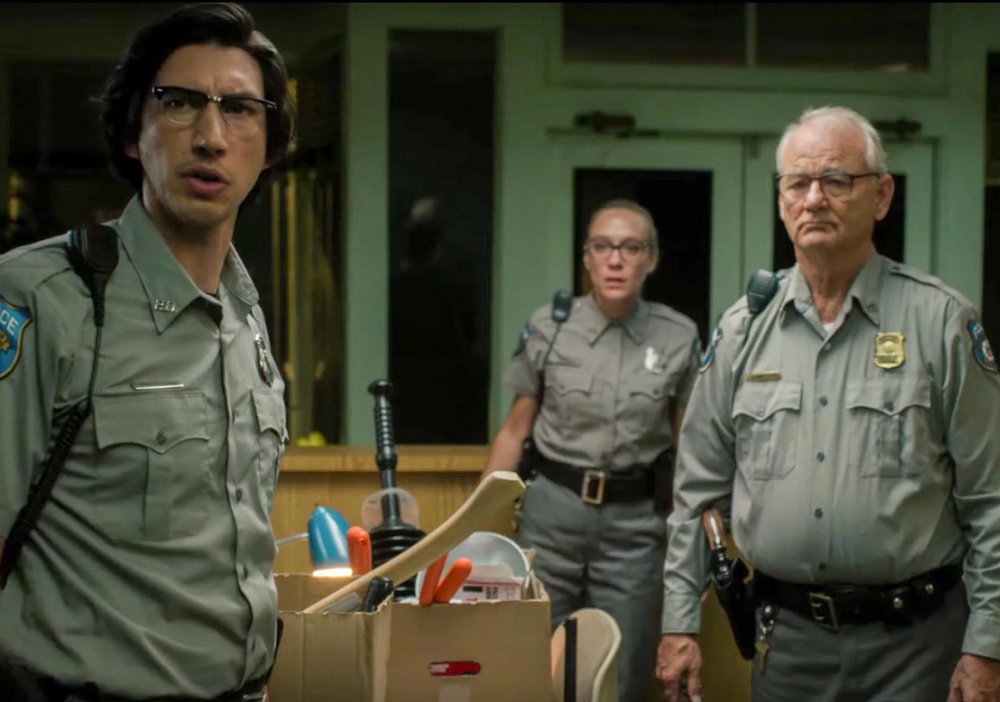
Movies can cause change. Going back to the early days of cinema, visionaries behind the camera and the typewriter have used the medium to translate topical messages in engaging ways. After all, anecdotes and examples can often be the most compelling arguments of all. But something disastrous comes about when filmmakers awkwardly present their own views on politics, society, and everything in between.
Heavy-handed films that fail to use subtlety can often be infuriating, condescending experiences that have many people groaning over how pretentious the work of art is. Sometimes, films have very legitimate points to make but their arrogance can be so deafening it turns viewers against the very ideology they look to espouse. This is the collection that does it the worst.
1. Avatar (2009)
![]()
The king of them all. Quite possibly the most heavy-handed blockbuster committed to the silver screen and the most important example of how disastrous messaging can ruin a movie. Avatar takes shots at extremely easy targets. Industrialism. Capitalism. Colonialism. They are common punching bags for auteurs and major studios alike, but James Cameron seems to miss every jab he throws. While not immediately called out, what has defined Avatar in the past decade is how the general public rejected its one note tale of morality.
Its simplistic portrayal of machinery and how it refuses to humanize characters such as Colonel Miles manifested a countermovement not just against the movie but against anti colonialist rhetoric in general. While Dances with Wolves, the film this movie shamelessly steals from, resonated with audiences and gave a convincing path for Lieutenant Dunbar to go down, Avatar’s black and white morality play made viewers flat out reject its premise, and it is hard to see how they could not.
The world of Pandora is inhibited by peaceful, righteous inhabitants with no fault to them. The government Sully turns against are greedy, heartless bastards. Its agenda is obvious. It is written right on the surface of the film and expects viewers to understand Sully turning against his own species wrestling for survival for a woman he has just met.
Its message is essentially “machines and men are bad,” but stretches that out to nearly three hours, taking countless cheap shots at the current state of America as well. Many will forget the very reason they need to invade Pandora is to attain more resources which humans have depleted. Yet despite the humans being so bad, the inhabitants of Pandora are without fault, near saintly figures who have achieved seemingly a perfect way of life. The film presents a false truth about morality and a criticism of the country devoid of nearly any type of nuance. Its heavy-handed qualities have forever destroyed its legacy and have made viewers resistant to movies about colonialism as they believe it will be the same patronizing nonsense as this.
2. Snowpiercer (2013)

Now a filmmaker that has gotten particular praise for his messaging is Bong Joon-Ho, and rightfully so. Part of why Parasite is so beloved is just how well it manages social inequality. But Bong is far from immune to coming off as somewhat noxious.
It is worth stating Snowpiercer was originally a graphic novel, so not everything can be blamed on him and the script, but the film itself can be laughable in how it takes shots at capitalism. The train acting as a symbol for the class system is obvious, and the fights that take place on it are all unskillful ways of expressing the fights that take place in class warfare.
Like Avatar, Snowpiercer fails to make its villains and heroes three dimensional. The front of the train is composed of creepy, heartless, and rich personas that just want to push down the poor for no reason. While the poor are simply the victimized, totally justified in their attempt to make their way through a train that carries the last remnants of civilization on it. And while expertly delivered, even the wonderful monologue of Tilda Swinton is far from subtle, making the upper class out to be unfeeling monsters set on keeping everyone below them. Inaccurate at best, deceptive at worst, Snowpiercer was and still is critiqued for being a self-important film that can be especially blunt in dealing with class and the issues of capitalism.
3. The Dead Don’t Die (2019)

Because nothing screams subtlety like Steve Buscemi with a Trump hat on getting eaten alive by zombies with narration of a character saying, “you reap what you sow.” Jim Jarmusch’s 2019 zombie film had some points that critics would agree with, but even the journalists who have sung Jarmush’s praises for years could not help but thrash his most insulting work to date.
Jarmusch is completely unfocused as he tries to take shots at several different political targets. His commentary stretches from characters talking about Trump, fracking, and the greed of politicians. The problem is Jarmusch’s failure to pick a main target makes everything he says thin and unsophisticated. The dialogue is unbelievably forced and breaks the immersion of the deadpan world he has created. But what is truly unbelievable is that none of those things are the worst part of the film.
The most heavy-handed facet has to be the zombies themselves, which search for what they craved in real life such as coffee and wine. Not only is the mere concept derivative of Romero, who successfully used zombies to talk about commercialism on multiple occasions, but Jarmsuch goes one step further and has the zombies say aloud their cravings, and then has characters in the film explain the phenomena as if viewers could not figure out for themselves.
The film’s superiority complex is its own undoing and the reason why it was critically and commercially bashed. The pessimism it has toward the world comes off as totally unearned as Jarmusch primitively whines about every hot topic in the geopolitical sphere without giving any solution nor fully formed reasoning to be mad in the first place.
4. Bacurau (2019)

“What are inhabitants of Bacurau called?” one tourist inquires in the movie. “People” a child responds in maybe the most uninvolved piece of dialogue in any movie on this list. Bacurau is a self-assured smirk in movie form. It is so convinced of its own ideology and then spends none of runtime making a compelling, persuasive argument for viewers to agree with.
The approach the movie takes to its subject matter is embodied in the exchange above. It is one big groan worthy appraisal of community, a pompous and at the same time rudimentary hate letter for all things of western civilization. And that kind of captures the dichotomy of all these heavy-handed movies. They aspire to be smarter than the average movie and to have a purpose but implement their messages in such hamfisted ways it comes off as much less intelligent than movies that do not aspire to be intelligent at all.
The people of Bacurau have to fend off against white hunters who acquire “points” from killing the natives. Of course, they are not complex villains. They are cartoonishly evil and unfeeling, arguing over who gets more points for taking the lives of the locals. The funniest thing in all of this is that the Americans are not even the initial villains of the film.
The film first wants to decry the horrors of class warfare with a mayor who wants to steal water from the townsfolk and then has the Americans ram through the plot of the film all for the sake of a stale, tired look at American imperialism which was simply not necessary to talk about in the movie. “Take what you need and share,” a resident of the village tells the people early on. Because after all, life is as simple as that. The community is always utopian and those who look to go against it are always in the wrong. It is that mentality, that dogmatic mindset that turns Bacurau into trite foolishness.
5. American Psycho (2000)

Now, as a satire, it is worth mentioning some of the overtness of American Psycho is what makes it so funny. The exaggeration in it is what makes a lot of the scenes work but the film is always walking a fine line between childishness and brilliance and does not always keep its balance. All its male characters are shallow and egotistical businessmen that drive each other mad with their attempts to one-up each other.
Bateman’s eventual murder of Allen while explaining the meaning of “Hip to Be Square” is about as straightforward as it comes when it comes to talking about the greed of the 80s. He talks about the “pleasures of conformity” just before slaughtering his fellow man and even the title is a heavy-handed shot at capitalism. The claim of the film is that there was a whole decade where money and power turned people into crazy maniacs and Bateman near losing his mind over a business card is a rather dull way of expressing that.
These are the smaller moments but there are times when the film can be flat out obnoxious in condemning greed. Like how Bateman taunts a homeless man on the street and then lectures him on getting a job, a truly crude scene that attempts to say something about apathy to poverty, and then there’s the crown jewel. An infuriatingly terrible scene where Bateman and his friends all ponder whether Ronald Reagan is a psychopath.
As if the film had not already made it clear about what it thinks about the economic intentions of the decade, it goes in for a low blow that ultimately hurts its status as a restrained satire. So much of American Psycho is a fun and absurd thriller but it can also be an unforgivably loud and insensitive look at the penultimate decade of the twentieth century.